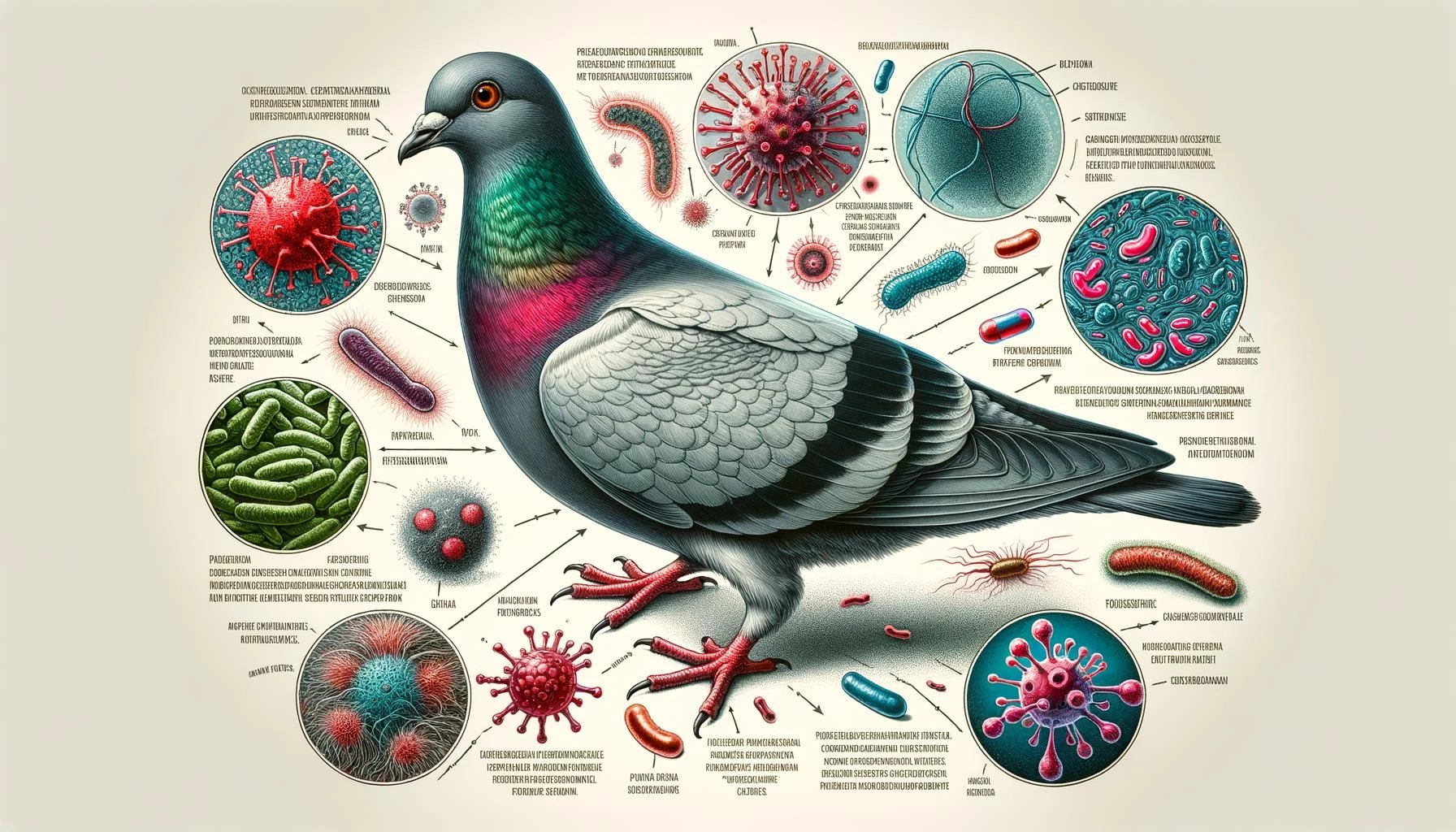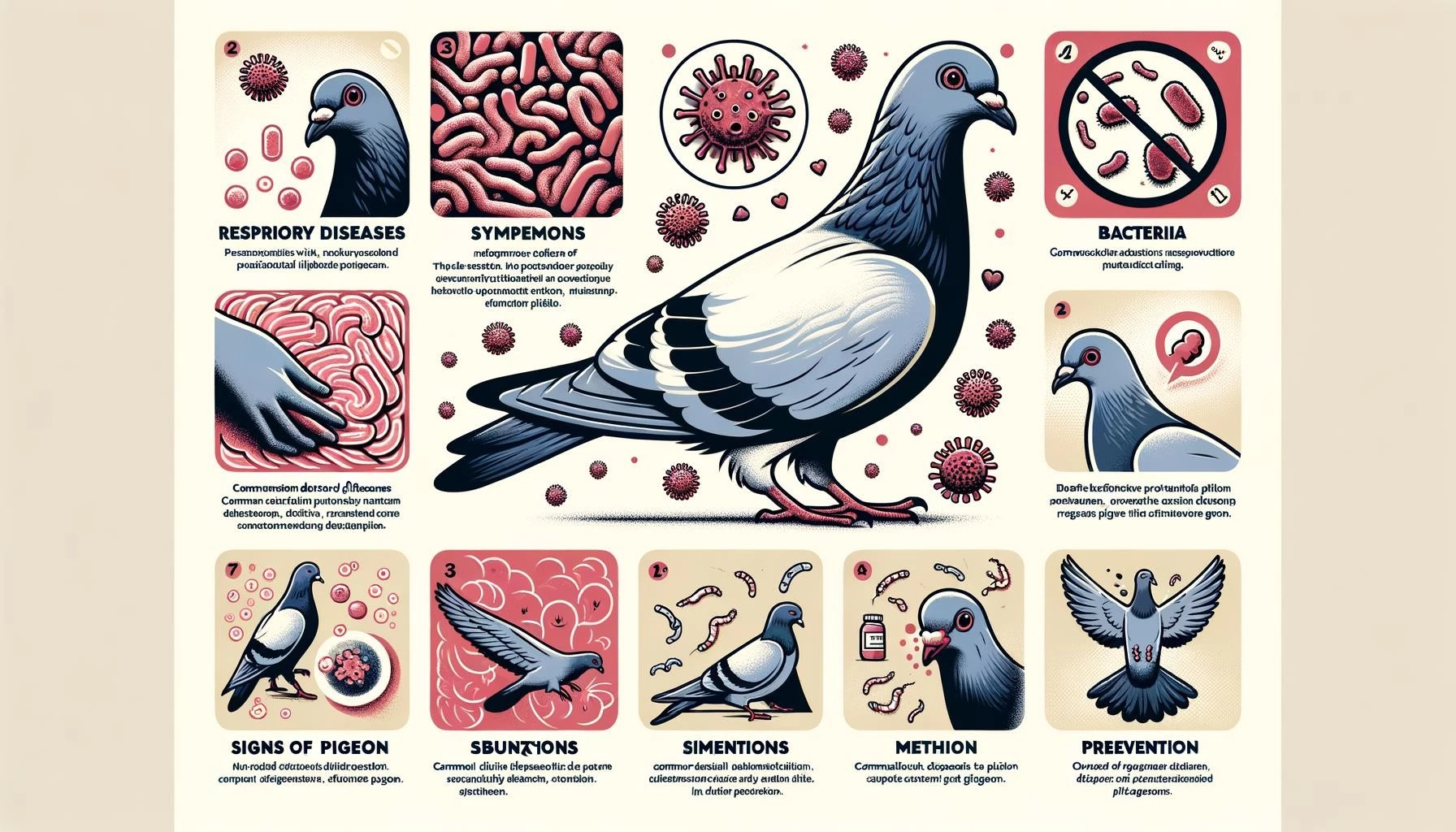Pigeons, often seen as urban scavengers, may not be the first thing that comes to mind when thinking about mental health. However, there is growing evidence that suggests that these birds can have a positive impact on our well-being. This article will explore the relationship between pigeons and mental health, examining the various ways in which these birds can potentially contribute to our mental well-being.
Key Takeaways
- Pigeons have been found to have a positive impact on mental health in various ways.
- Observing pigeons can help reduce stress and anxiety levels.
- Interacting with pigeons through activities such as pigeon racing or pigeon keeping can improve mental well-being.
- Comics and artwork featuring pigeons can be used as a means to communicate and raise awareness about mental health issues.
The Calming Effect of Pigeons
One of the reasons pigeons may have a positive impact on mental health is their calming effect. Observing pigeons can be a peaceful and relaxing experience, helping to reduce stress and anxiety levels. This is supported by studies that have found spending time in nature, including observing birds, can have a significant positive impact on mental well-being.
Pigeons’ gentle movements and cooing sounds can create a sense of tranquility. Many people find watching these birds to be soothing and meditative, providing a break from the fast-paced and stressful nature of modern life. The simple act of observing pigeons can help to shift one’s focus away from worries and provide a sense of calm and serenity.
Interacting with Pigeons
Interacting with pigeons can also have a positive impact on mental health. Pigeon racing, for example, is a popular hobby that requires both physical and mental engagement. The dedication and focus needed to train and care for racing pigeons can provide a sense of purpose and achievement, which in turn can improve mental well-being.
In addition, keeping pigeons as pets can also contribute to improved mental health. The act of caring for another living being and being responsible for their well-being can provide a sense of fulfillment and companionship. The routine and structure involved in pigeon care can also help establish a sense of stability and purpose, which can be particularly beneficial for those struggling with mental health issues.
Pigeons in Art and Awareness
Bird Brain: Comics About Mental Health, Starring Pigeons, a book by Chuck Mullin, explores the author’s own experiences with anxiety and depression through the use of pigeon characters. This unique approach to communicating mental health experiences can help raise awareness and create empathy among readers. Artwork and comics featuring pigeons allow for a creative and relatable medium to discuss and explore mental health issues.
Furthermore, the presence of pigeons in urban environments can serve as a reminder that nature is still present amidst the concrete jungle. The sight of pigeons flying freely can evoke a sense of freedom and inspire individuals to connect with nature, which has been shown to have numerous mental health benefits.
Overall, while pigeons may not be commonly associated with mental health, they have the potential to contribute positively to our well-being. Whether through observing, interacting, or using them as a medium for art and awareness, pigeons offer unique opportunities for improving mental health and fostering a sense of connection with the natural world.








